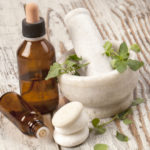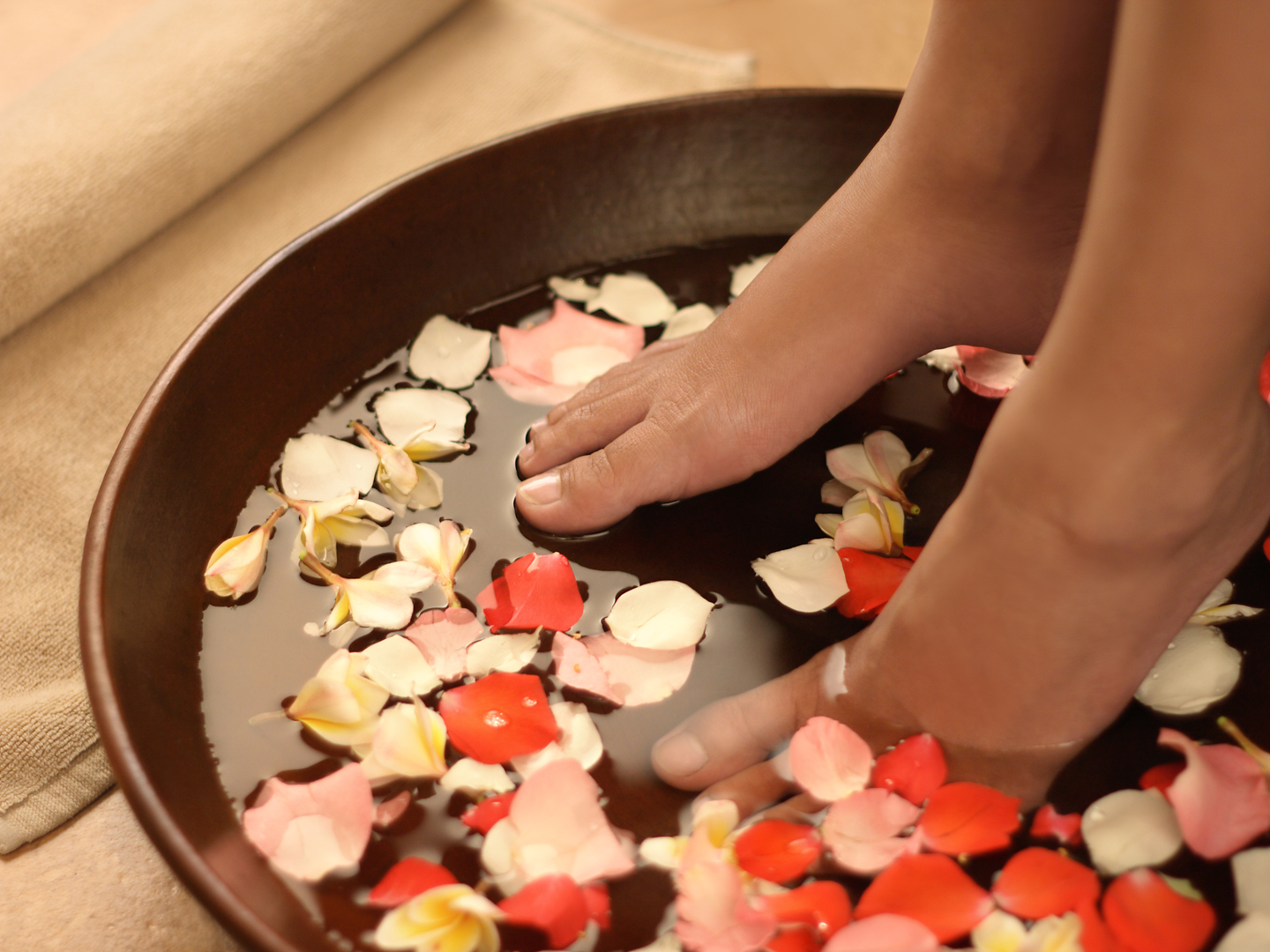Goodbye To Gout?
Are there any products that you recommend to lower uric acid or any dietary changes that can help prevent attacks of gout?
Andrew Weil, M.D. | June 17, 2003

Gout, an inherited metabolic disorder that can cause a type of arthritis, usually affects the big toe but can also occur in other joints including the ankles, heels, knees, wrists, fingers and elbows. As you no doubt know, attacks can be extremely painful and are worsened by being on your feet.
The hallmark of gout is elevated blood levels of uric acid, a breakdown product of protein metabolism. Specifically, uric acid comes from the metabolism of purines, a subclass of proteins that are abundant in human tissues and such foods as organ meats, sardines, anchovies, mushrooms, asparagus and lentils. Avoiding those foods is very important in preventing the buildup of the high blood levels of uric acid that trigger attacks of gout.
Also, a number of drugs and supplements can increase uric acid levels in the blood and its tendency to form irritating crystals in joints. These include salicylates (the active component of aspirin), vitamin B3 (niacin), excess vitamin C and diuretics that may be prescribed for high blood pressure, edema or, cardiovascular disease. Others are Cyclosporine (used to prevent rejection of transplanted organs) and Levodopa for Parkinson’s disease.
Excess alcohol consumption, being overweight, and exposure to lead in the environment also increase the risk of gout in genetically susceptible individuals. Other risk factors include dehydration and acid conditions of the blood that can result from serious infections, surgery or ketogenic weight loss diets (such as the Atkins diet).
While there are no herbs or supplements that can stem an attack of gout, you might get some relief by drinking cherry juice or eating tart (pie) cherries in season. There is anecdotal evidence and some interesting research suggesting that the anthocyanins that give tart cherries their color may prove more effective than aspirin for pain relief. Laboratory findings at Michigan State University suggest that the equivalent of 20 tart cherries inhibited enzymes called cyclooxygenase-1 and -2, which are the targets of anti-inflammatory drugs, at doses more than 10 times lower than aspirin. Although human studies haven’t been conducted, the Michigan researchers theorized that eating tart cherries daily has the potential to reduce pain related to inflammation, arthritis and gout.
You also may be able to reduce your need for pain medications by following the recommendations below:
- Eliminate coffee and all other sources of caffeine including tea and chocolate (which can raise uric acid levels).
- Drink lots of water to help flush uric acid out of your system.
- Minimize alcohol consumption.
- If you’re overweight, try to lose the excess pounds.
- Never take protein supplements.
Andrew Weil, M.D.










